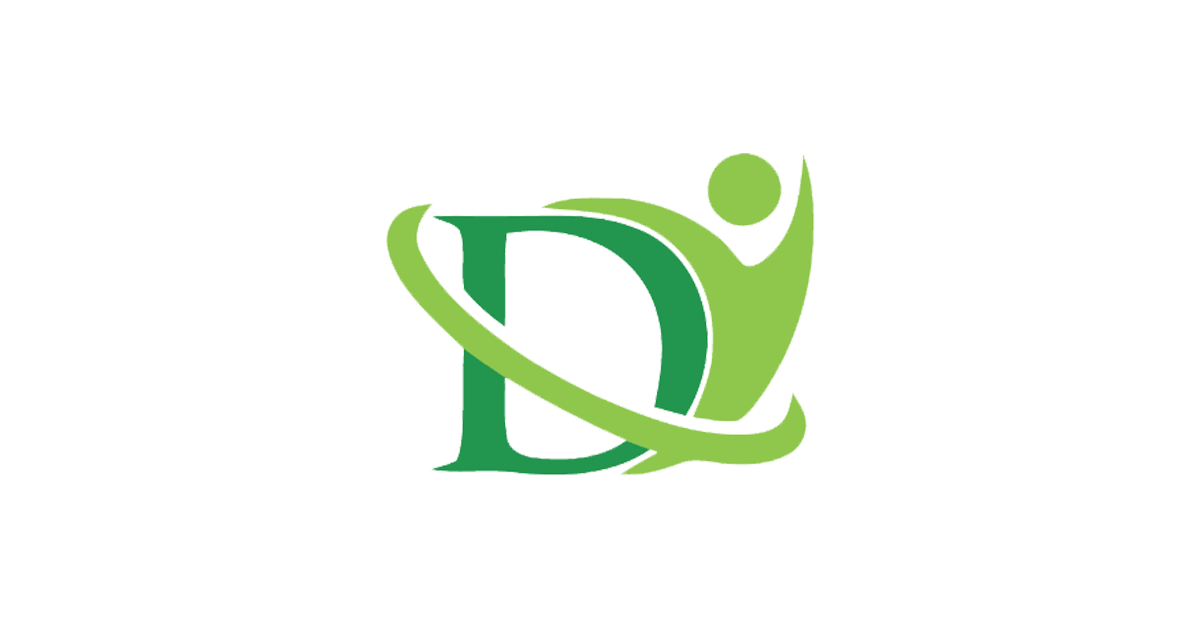
How to Establish and Maintain Good Financial Habits Amidst Rising Cost of Living (Part 2)
March 28, 2023
How Long Do Consumer Proposals Stay on Credit Reports – A Guide
April 11, 2023Living on a limited budget can be difficult, especially considering how the cost of living has been consistently rising. Products and services cost much higher as inflation also increases, and maintaining healthy financial habits is becoming even more challenging.
In this two-part post, Debt Helpers shares more tips on how one can maintain healthier money habits in these times of financial difficulties, but first, have a look at the cost of living in Canada and what Canadians typically spend money on:
The Cost of Living in Canada
The cost of living changes from one province to another. Also, there are other differences in the cost of living between urban and rural areas. What that means is if one is really intent on learning the average cost of living in their area, local market research is necessary.
In 2022, Toronto had the highest average cost of living at 4975 CAD per month, while Montreal was the city with the lowest average cost of living at 3038 CAD per month.
Typical Living Expenses
What are the typical living expenses, and how much do people spend on them? Recurring expenses can be divided into categories that include:
- Housing
- Food
- Utilities
- Transportation
- Savings
- Debt
- Discretionary Spending
- Healthcare
- Clothing
Housing
This refers to the money spent on mortgage payments, rent, insurance, taxes, and others. Often, this takes the biggest chunk of a Canadian’s monthly living expenses, that can take up to 35 percent of the budget.
Food
This usually accounts for 15 percent of one’s monthly expenses. That said, it’s easy to overspend on food, especially these days when the cost of basic food and ingredients rising due to inflation. This could also increase even higher when one opts to eat out rather than prepare meals at home.
Utilities
Canadians usually spend around 10 percent of their monthly budget on utilities that include hydro, electricity, gas, cable, internet, and phone bills.
Transportation
How much a Canadian spends on transportation may vary, depending on several factors. For one, if the individual is a car owner, a huge amount of money can be spent on car payments, car insurance premiums, car maintenance, fuel, parking passes, and more. This can consume around 15 percent of one’s monthly budget. If a person takes public transportation, the amount spent can be higher or lower depending on the frequency of one’s commute and what mode of public transportation is used.
Savings
It is important to set aside some cash for emergencies, and Canadians do realize this as many save around 5 percent of their monthly income.
Debt
It’s important to pay off debts, whether these are loans, credit card debts, or other types of debt. On average, around 10 percent of a Canadian’s budget goes to debt payments, but some with a larger amount of debt usually divert funds from other expenses to pay those debts.
Discretionary Spending
This refers to the money an individual spends on non-essential things like hobbies., entertainment, self-care, and more. It is important to limit discretionary spending to 5 percent of one’s monthly earnings so as not to go into debt.
Healthcare
Canada’s healthcare system is great, but there is still a need to save some money for such costs as dental work, over-the-counter medicines, eyeglasses or contacts, and others. Costs can fluctuate, though, and 2.5 percent of the budget is often good enough.
Conclusion
Canadians do need to establish and maintain healthy money habits, more so with the rising costs of products and services. The typical expenses that one spends money on every month are highlighted here, including expenses for housing, food, savings, debt, healthcare, and others. With a better understanding of the typical monthly expenses, one can better budget monthly earnings.
In the second part of this article, DebtHelpers.ca will be sharing some tips on how to maintain healthy money habits.
Debt Helpers is a team of expert debt consultants in Canada that offers financial consulting services and tailored debt solutions. Contact us and take one step closer to financial freedom!
